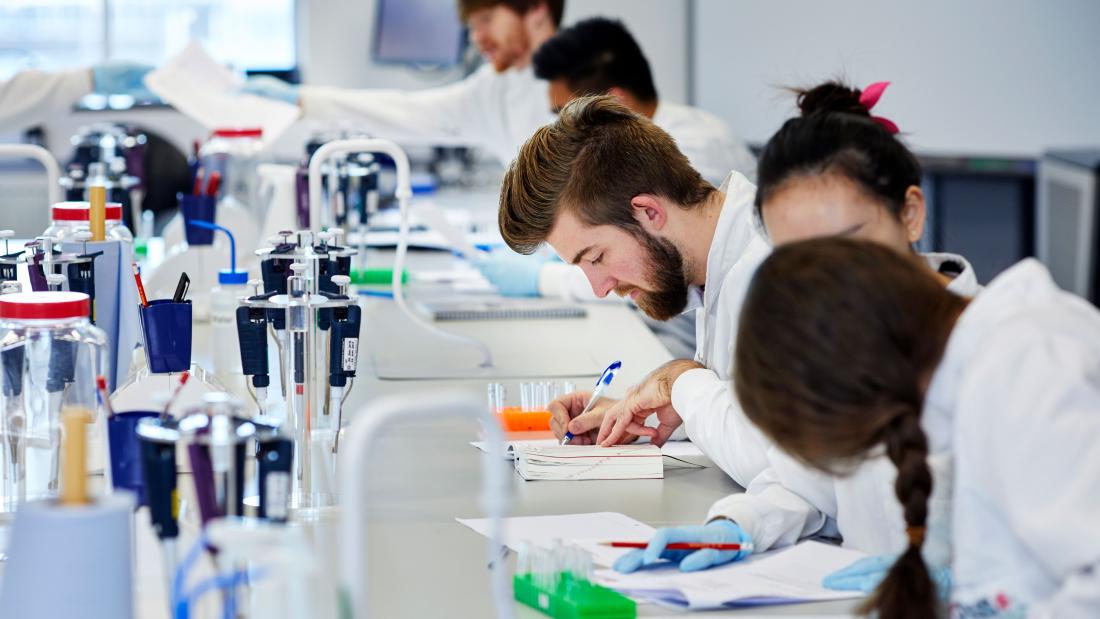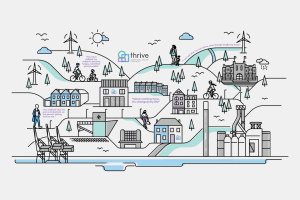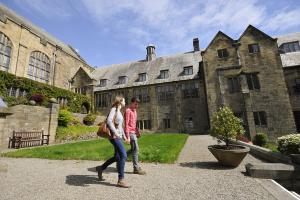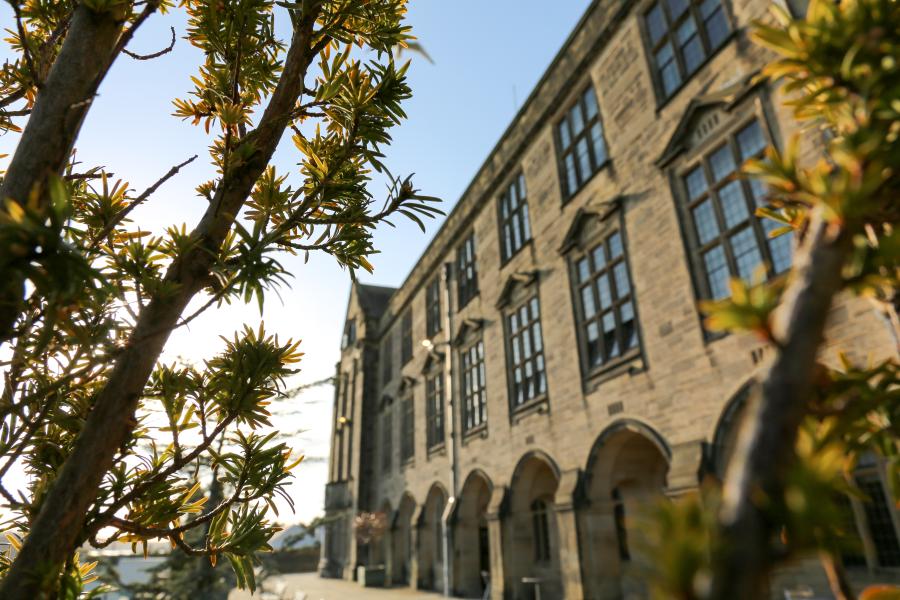About Our Research
Bangor University’s pioneering and impact-driven research is tackling some of the biggest questions facing the world today.
The Research Excellence Framework (REF) 2021, published in 2022, recognises that 85% of Bangor University’s research is either world-leading or internationally excellent. We are also ranked in the Top 30 in the UK for research impact, demonstrating the real-world contribution of our research.
With a research and innovation vision to be a global centre of excellence in sustainability, the University takes a distinctive and holistic approach to sustainability that resonates with the United Nations Sustainable Development Goals and the Wellbeing of Future Generations Act (Wales).
As a research-intensive institution we prioritise investment in interdisciplinary research that has existing or emerging scale, is aligned with sustainability, and addresses challenging global questions. This translates into inspirational research-led teaching reflecting the role of universities in creating new knowledge.
Our research focuses on three key themes: Energy and the environment; Health, wellbeing and behaviour; and Language, culture and society.
[0:01] Bangor University
[0:02] is a research powerhouse,
[0:05] A change-maker.
[0:07] Our discoveries are shaping the world today with a focus on sustainability,
[0:13] safeguarding the environment,
[0:16] and promoting economic, social, bilingual and cultural vitality.
[0:20] Our research is seeking solutions to some of the world's most challenging problems,
[0:23] from improving health and wellbeing,
[0:26] to advancing the global 5G economy
[0:30] and finding the energy solutions of the future.
[0:33] Partnering with policy-makers, industry, businesses, and communities
[0:38] Supporting the Life Sciences sector
[0:41] and human performance research in Sport Science.
[0:44] Bangor is advancing technologies and resilience in nuclear power and medicine
[0:48] through our leading Nuclear Futures Institute.
[0:52] Tackling Climate Change with research into Low carbon energy.
[0:58] Addressing one of the planet's greatest environmental issues.
[1:01] Plastic waste and the overuse of single-use plastics
[1:04] and protecting the variety of species and ecosystems
[1:08] through biodiversity conservation research.
[1:12] Our research on Wales, the Welsh language and linguistic skills
[1:16] is inspiring a vibrant bilingual nation.
[1:20] Our discoveries are informing teaching
[1:24] enabling students to learn about research in real-time
[1:28] Our researchers share an ethos embracing
[1:31] courage
[1:32] integrity
[1:33] collaboration
[1:34] confidence
[1:35] and trust
[1:36] with a global outlook
[1:39] that is helping us make a real difference to people's lives.
[1:43] Research
[1:44] at our heart
[1:45] since 1884.
Research Spotlight
See MoreResearch Institutes
Showcasing the Research Excellence Framework (REF)
The Research Excellence Framework (REF) 2021 measures research quality across UK universities.
Underpinned by a focus on sustainability, Bangor University’s research delivers social, cultural, environmental, health and wellbeing benefits, working with a range of partners to deliver impact and innovation.
The REF 2021, published in 2022, recognises that more than 85% of Bangor’s research is either world-leading or internationally excellent.
The REF is jointly conducted by the four UK higher education funding bodies: the Higher Education Funding Council for Wales (HEFCW), Research England, the Scottish Funding Council, and the Department for the Economy, Northern Ireland. They use the REF to inform allocation of £2 billion of research funding each year.
Bangor University’s impact case studies can be viewed here:
REF 2021 Impact Case Studies
View all REF 2021 Impact Case Studies on our Research Themes pages
View all REF 2021 Impact Case Studies on our Research Themes pages

Join us in The Conversation
Our researchers publish across a wide range of subjects and topics, covering news platforms including The Conversation.
Postgraduate Research
Our cutting-edge research breathes freshness into our ever-changing curriculum and helps advance our collective understanding of the world around us.





















